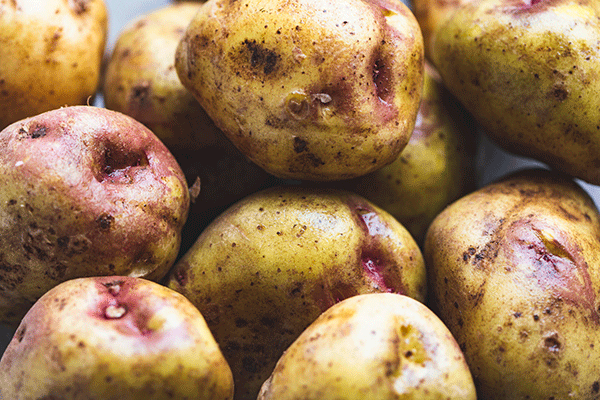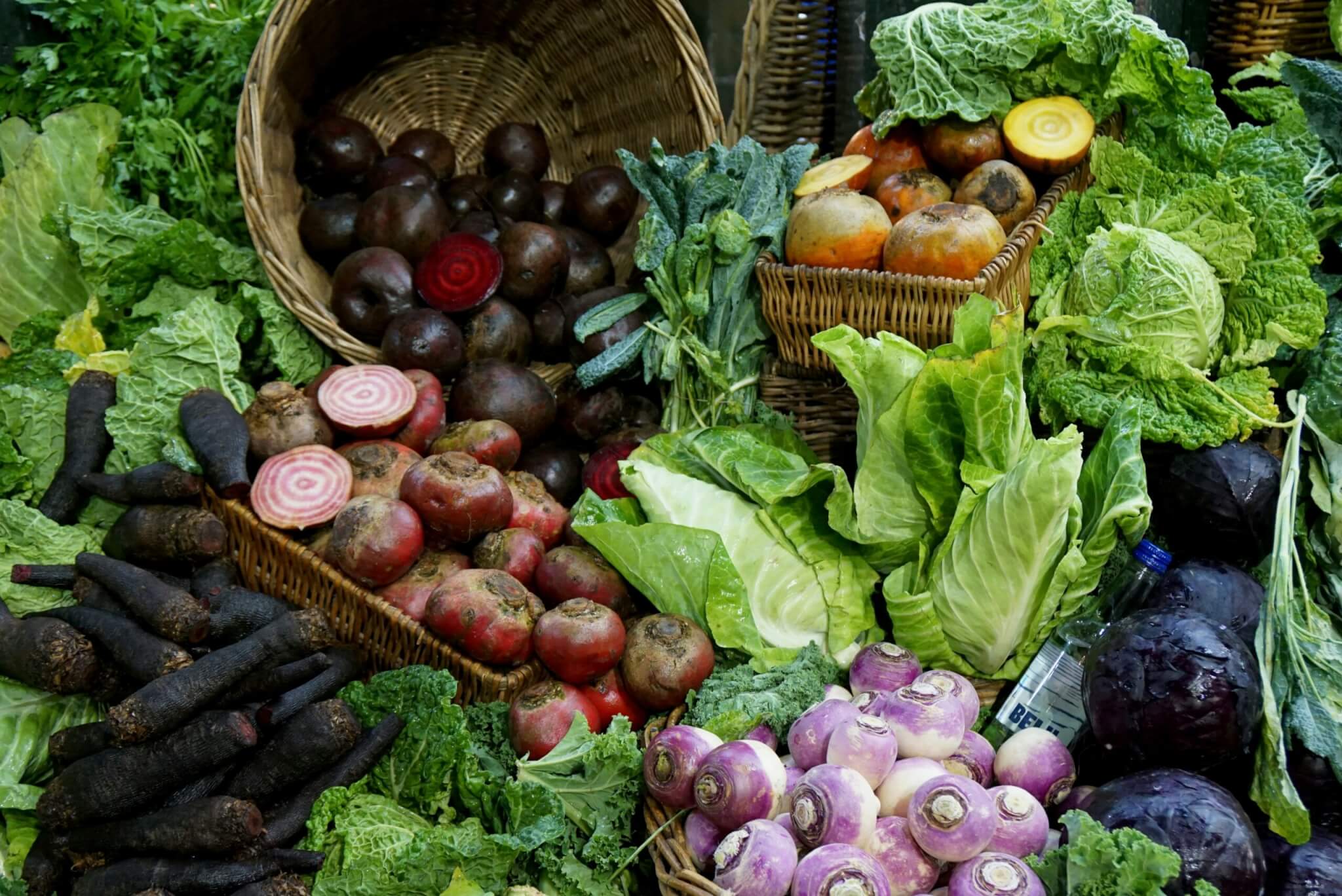British-produced milk and potatoes are threatened by the impact of climate change as heat stress and disease pressures are likely to increase with hotter weather, according to new research.
Research by the Met Office used climate projections based on a ‘high emissions future’ found that increasingly frequent hot weather will see blight, a fungal disease that affects potatoes, increase in key potato growing regions including Scotland and East Anglia.
In cows, the hotter temperatures will increase heat stress in dairy herds in the south west of England, the UK’s biggest dairy region, which could lead to higher water usage, higher rates of infertility and less milk.
“Projections show potential for major climate change impacts on UK farming,” said author of the study, Dr Freya Garry.
East Scotland is renowned for potato growing due to the relatively low incidence of potato blight thanks to its cooler climate. However, the Met Office said potato blight in the region is set to increase by 67 per cent in the future. Other key potato producing areas such as East Anglia are likely to experience increases of 20 to 30 per cent.

Garry said: “Given the potentially serious consequences for UK farming, we felt it was appropriate to work with a high impact scenario.
“Even under lower emission pathways, we know that our climate will continue to change so even if the impacts are smaller than identified in this study, our study provides useful information for adaptation planning.”
According to the study, the frequency of heat stress in dairy cattle will increase “dramatically” as temperatures rise with climate change.
The risk is highest for cows in South West England, where heat stress could increase by a factor of ten.
Tim Mead, owner of Yeo Valley Organic and dairy farmer, said: “There’s no doubt that we’ve experienced rising temperatures recently, with some very hot days in the late spring and early summer last year.
“At our family farm in Blagdon, if it’s too hot and uncomfortable during the heat of the day we keep the cows inside for three to four hours to keep them protected. However, the number of days the cows spend outside is increasing as we experience earlier springs and late winters due to climate change.”
Despite this, there are mitigation techniques available to potato and dairy farmers to reduce impacts of climate change. Planting trees in grazing areas to provide shade for dairy cows, known as silvopasture, was one recommendation made by the Met Office research.
For potato farmers, the breeding of potato seeds with higher resistance to the disease will help mitigate the threat of blight.
The research also pointed to gene editing and modification, two hotly debated technologies, as potential solutions to increasing disease occurrence.












0 Comments